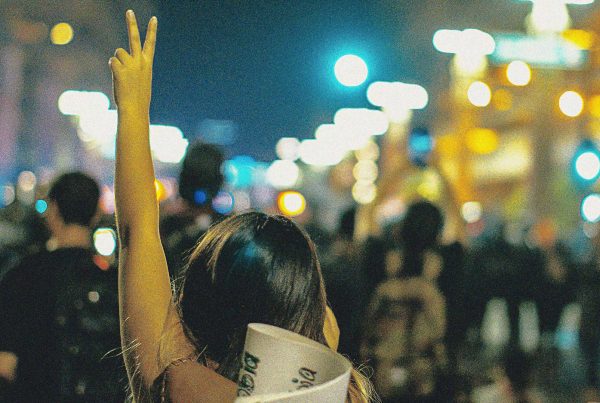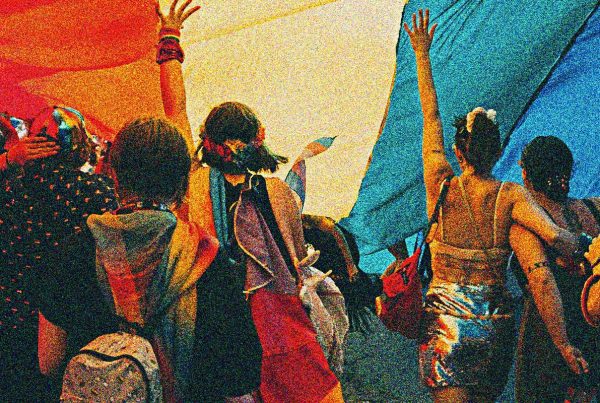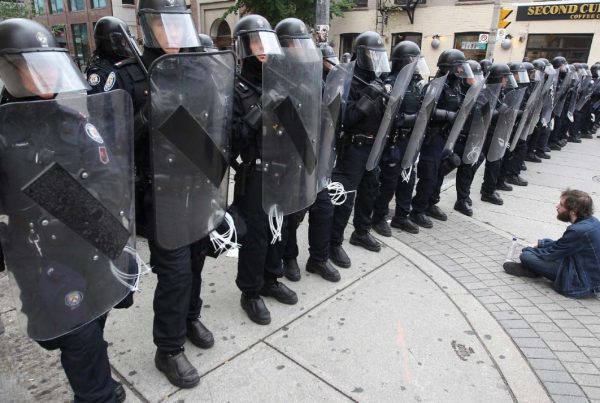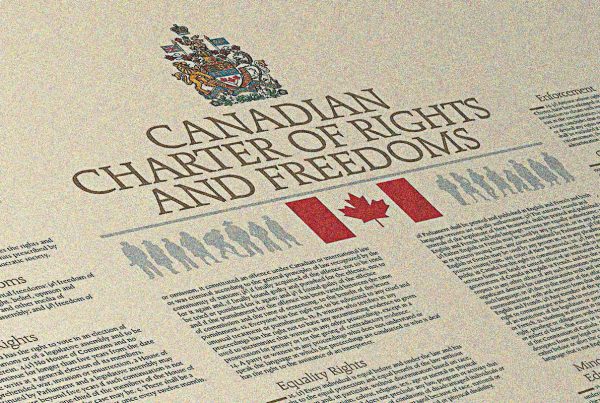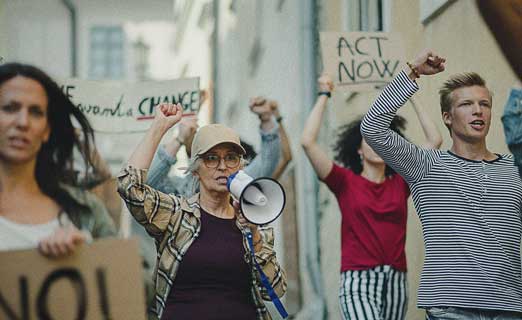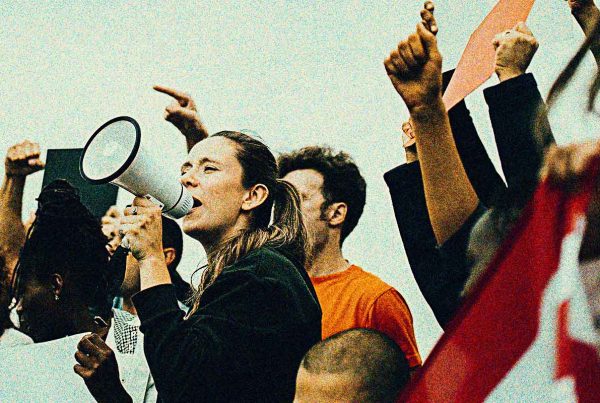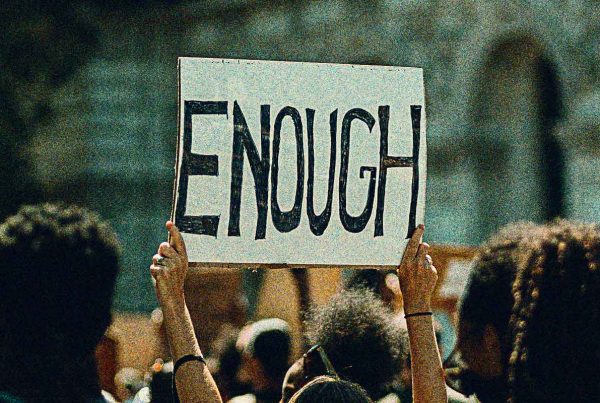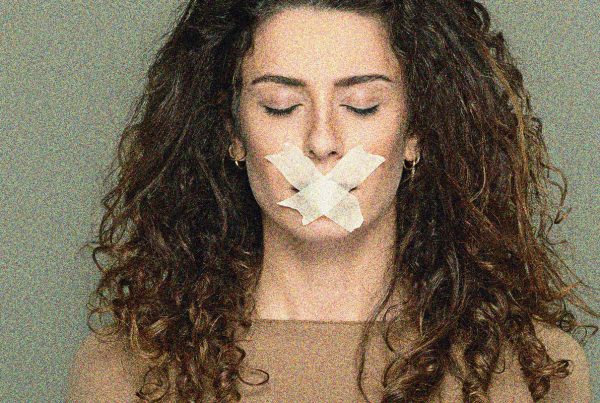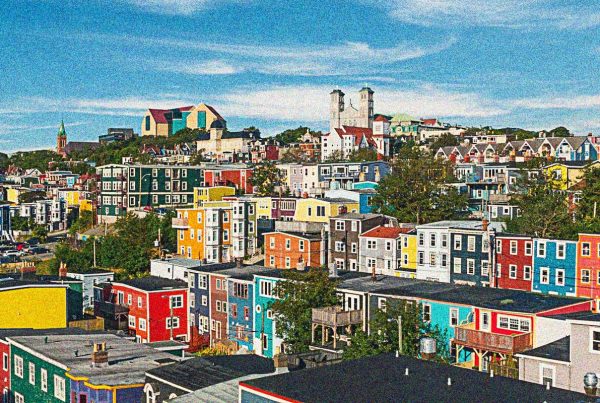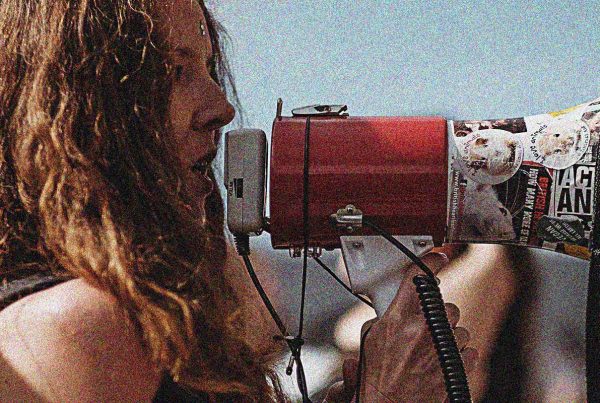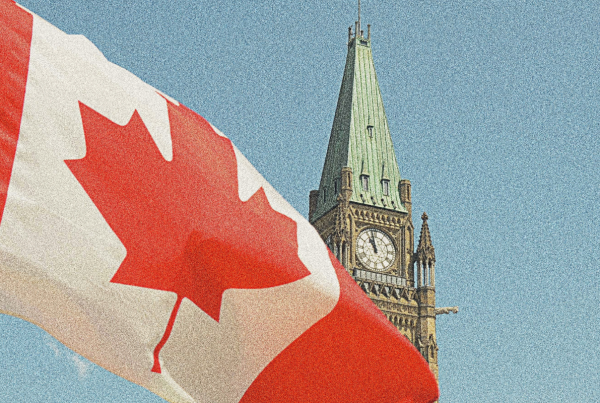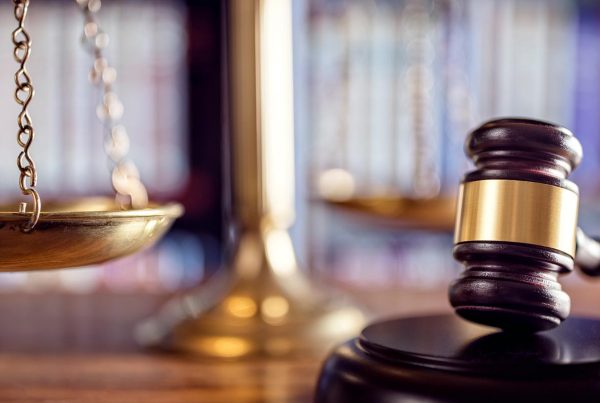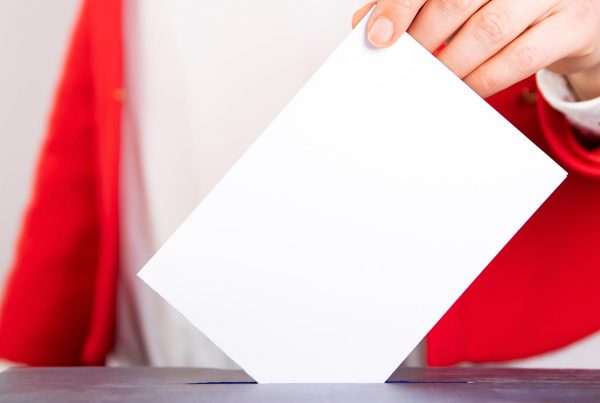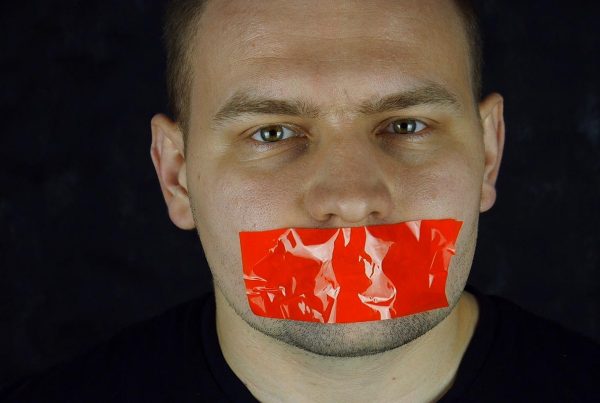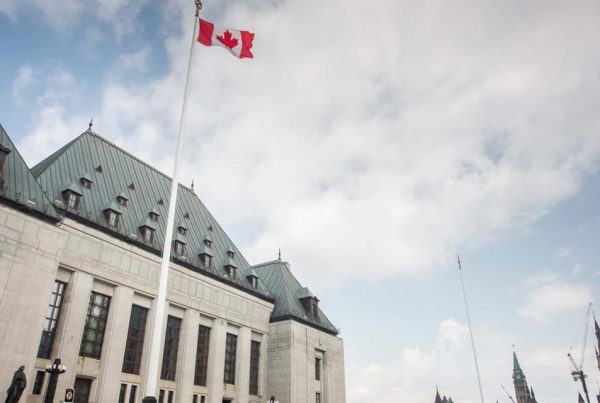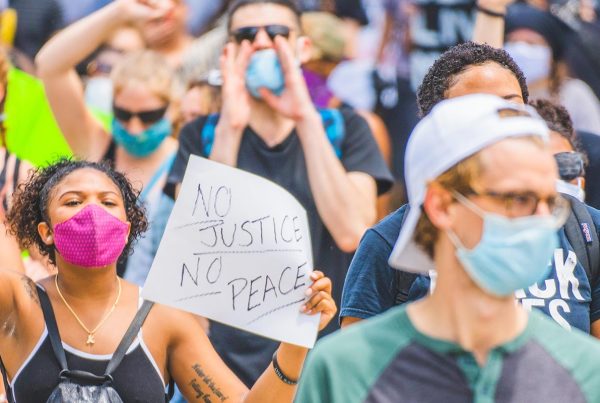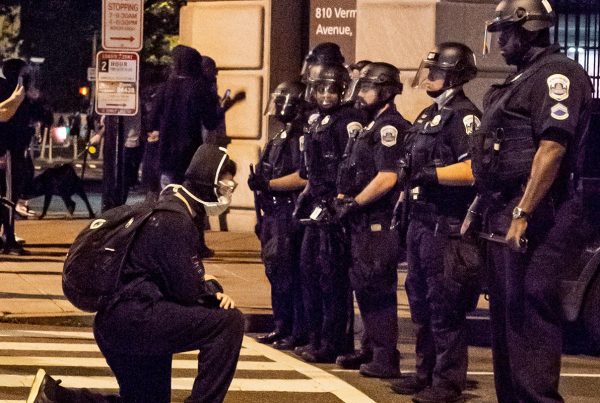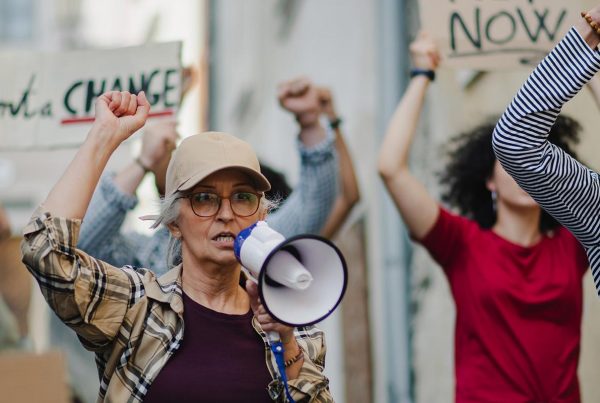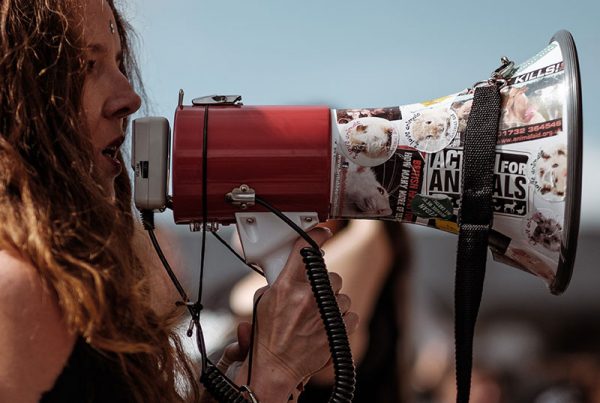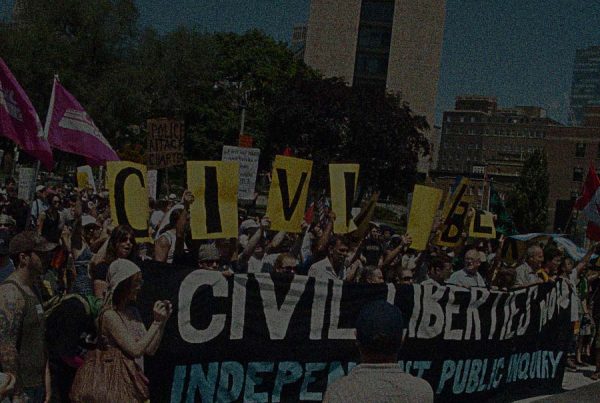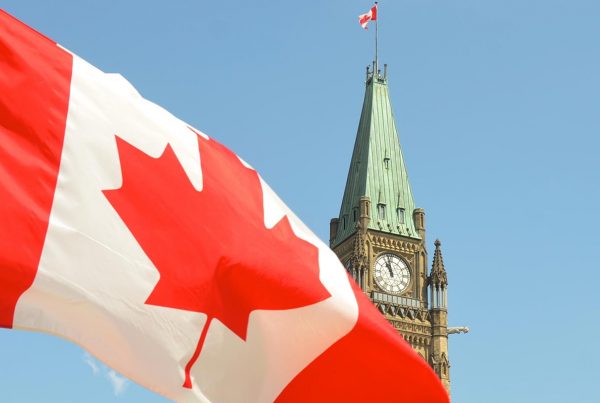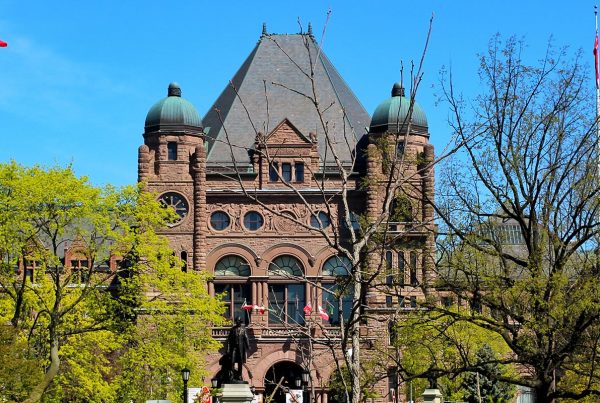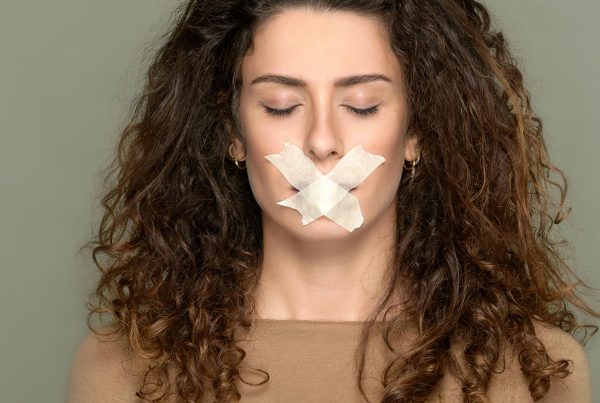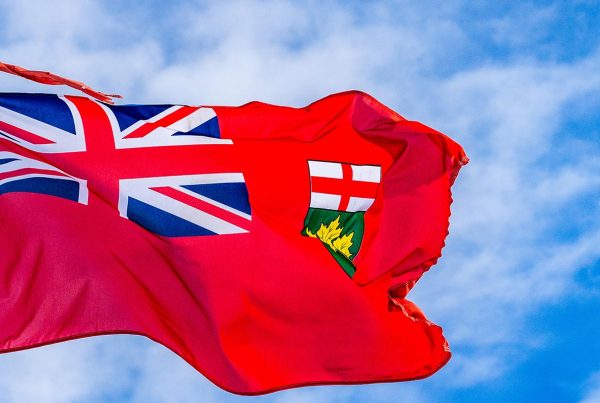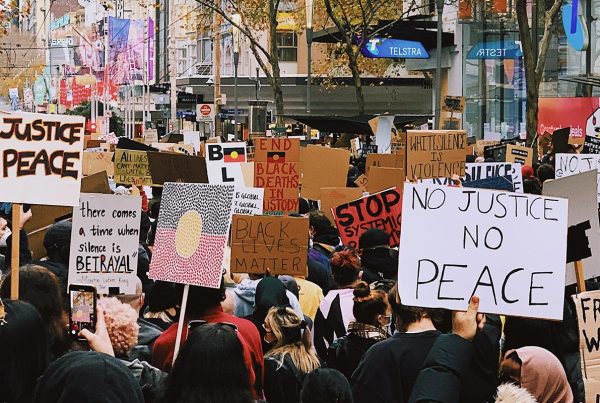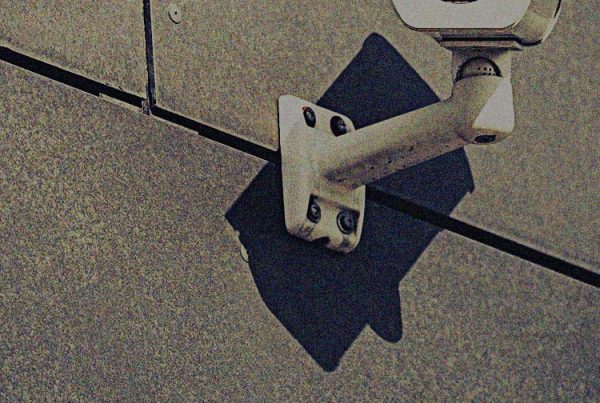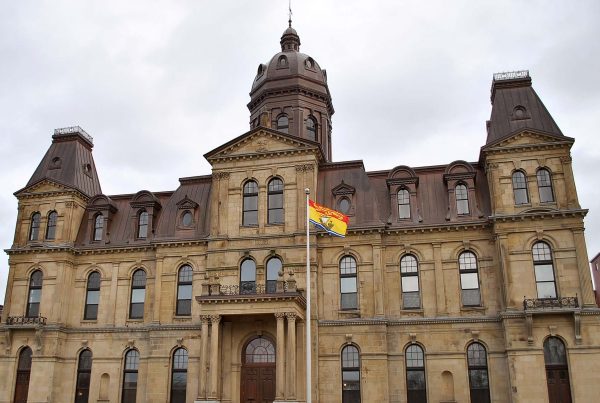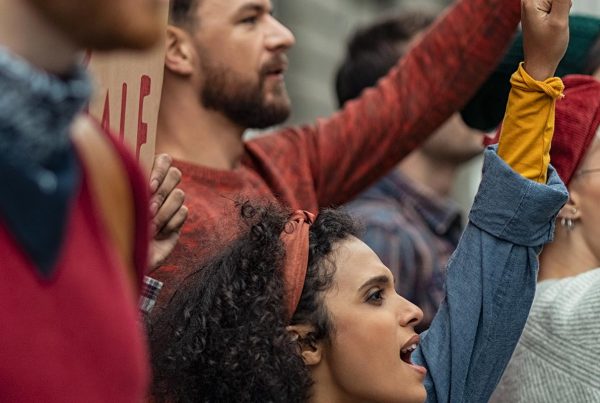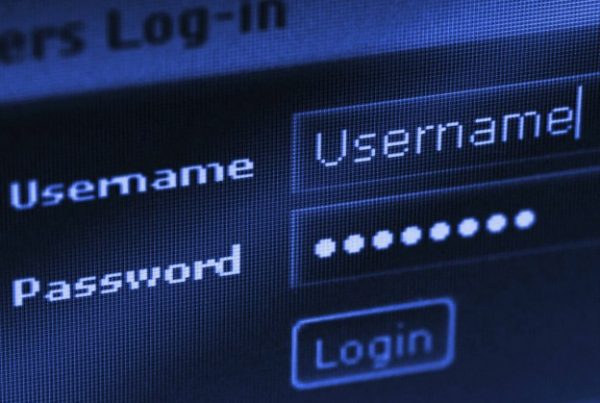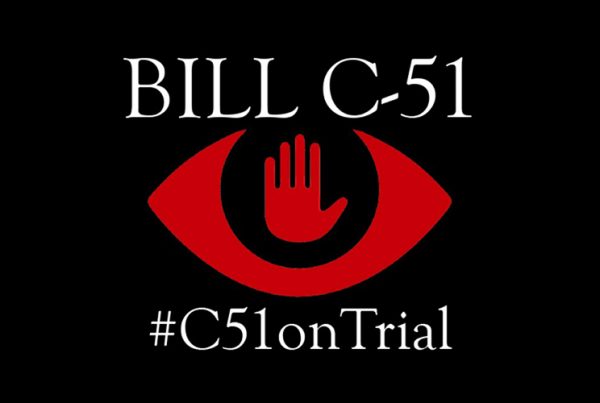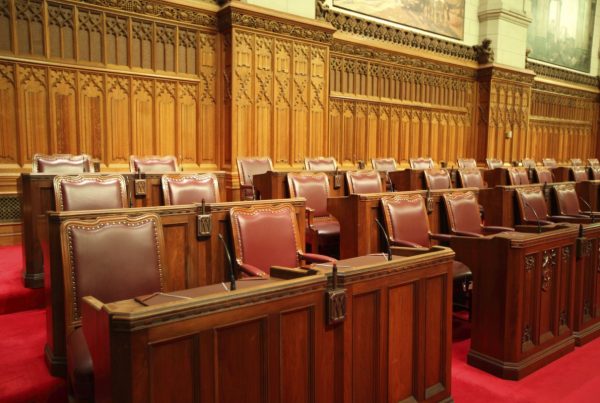Freedom of expression includes freedom of thought, belief, opinion and expression, including freedom of the press and other media of communication.
Protecting Freedom of Expression
When government actors are allowed to decide which opinions can be expressed and which cannot, an open, vibrant and diverse society quickly breaks down.
Similarly, when our court system is used to silence those with unpopular views or those who oppose powerful actors, we all lose the opportunity to hear all sides of an issue and come to our own conclusions. Freedom of expression is the right to speak, but also the right to hear.
Informed political debate requires that this right be strongly protected, and it is only through free expression that individuals can take action to ensure that our governing institutions are held accountable.
Restrictions on freedom of expression come in many forms including Criminal Code and Human Rights provisions limiting hate speech, municipal by-laws that regulate signage or where protests may take place, civil defamation (libel) actions, and restrictions placed on press freedoms. With more and more communication taking place online, government restrictions on access to the internet and the content and filtering policies of private companies also place limits on free expression.
We work to ensure that any limits are reasonable and strictly necessary.
CCLA’s 2025 Charter Challenge of Vaughan’s Anti-Protest Bylaw
On June 24, 2025, CCLA initiated a Charter litigation against the City of Vaughan’s anti-protest bylaw. This so-called “bubble zone” bylaw makes people liable for fines of up to $100,000 for having participated in a peaceful protest that some view as offensive or disruptive. This bylaw applies around hundreds of community gathering spaces. CCLA contends that this bylaw is an unjustified violation of freedom of expression, freedom of peaceful assembly, and freedom of association.
Since 2024, numerous Ontario municipalities have adopted similar bylaws—a troubling trend, as non-violent protest is integral to a vibrant and functioning democracy. History shows that, all too often, marginalized voices are the ones being silenced by such sweeping restrictions on freedom of expression.

